While this weekend's election results are not settled, one notable takeaway is a divide between cities north and south of the Fraser River.
Published Oct 21, 2024 • 5 minute read

Metro Vancouver voters south of the Fraser River broke ranks with the NDP over heightened concerns about affordability, health care and public safety, according to experts analyzing B.C. election results.
Meanwhile, voters across the river overwhelming stuck with the New Democrats because social and character issues topped their list of concerns.
All told, David Eby’s NDP appears to have won 11 out of 12 seats in Vancouver, all five seats in Burnaby, and all five seats across the Tri-Cities and New Westminster. They also held on to both seats in North Vancouver, although West Vancouver saw a blue-green split.
Advertisement 2
THIS CONTENT IS RESERVED FOR SUBSCRIBERS ONLY
Subscribe now to read the latest news in your city and across Canada.
- Unlimited online access to articles from across Canada with one account.
- Get exclusive access to the Vancouver Sun ePaper, an electronic replica of the print edition that you can share, download and comment on.
- Enjoy insights and behind-the-scenes analysis from our award-winning journalists.
- Support local journalists and the next generation of journalists.
- Daily puzzles including the New York Times Crossword.
SUBSCRIBE TO UNLOCK MORE ARTICLES
Subscribe now to read the latest news in your city and across Canada.
- Unlimited online access to articles from across Canada with one account.
- Get exclusive access to the Vancouver Sun ePaper, an electronic replica of the print edition that you can share, download and comment on.
- Enjoy insights and behind-the-scenes analysis from our award-winning journalists.
- Support local journalists and the next generation of journalists.
- Daily puzzles including the New York Times Crossword.
REGISTER / SIGN IN TO UNLOCK MORE ARTICLES
Create an account or sign in to continue with your reading experience.
- Access articles from across Canada with one account.
- Share your thoughts and join the conversation in the comments.
- Enjoy additional articles per month.
- Get email updates from your favourite authors.
THIS ARTICLE IS FREE TO READ REGISTER TO UNLOCK.
Create an account or sign in to continue with your reading experience.
- Access articles from across Canada with one account
- Share your thoughts and join the conversation in the comments
- Enjoy additional articles per month
- Get email updates from your favourite authors
Sign In or Create an Account
or
Article content
John Rustad’s Conservatives, meanwhile, are on track to win at least seven of the 10 seats in Surrey and three of the four ridings in Richmond. The party also won all six seats across Langley and Abbotsford, as well as both ridings in Chilliwack.
The outcome, when combined with other results from across the province, is a one-seat lead for the NDP, which has 46 seats compared to 45 for the Conservatives and two for the Greens. That leaves neither of B.C.’s top two political parties with a majority, barring recounts in Juan de Fuca-Malahat and Surrey City Centre this coming Saturday.
Jeff Ferrier, Framepoint Public Affairs founding partner and former executive-director of communications for the Ministry of Health under Adrian Dix, said the takeaway for the NDP is that while Eby got high marks for character and leadership, his government needed to do more to help voters with their challenges.
“If you’re feeling hurt by soaring housing costs and grocery bills and gas prices in places like Surrey and Richmond and in the north and the Interior, the election was like a megaphone for frustration,” said Ferrier.
By signing up you consent to receive the above newsletter from Postmedia Network Inc.
Article content
Advertisement 3
Article content
“In the areas of B.C. where affordability was having less of a day-to-day impact on people and their position and their comfort and their ability to make their way in the world, folks there voted on leadership and character and voted NDP.”
Kwantlen Polytechnic University political science professor Shinder Purewal said he was actually surprised the Conservatives didn’t sweep Surrey, given how angry people are at how services such as health care and education have not kept up with the city’s soaring population.
Purewal pointed out the NDP first promised a new hospital for Surrey in 1991 and it still hasn’t been built. On education, he said more Surrey students are stuck in portables than anywhere else in the province.
“I think there’s a clear line of demarcation between the north of Fraser ridings and south of Fraser ridings, from Richmond to Abbotsford,” he said.
“You can see the health care services in Vancouver are much more prevalent in the number of hospitals, and if you compare that with the almost same size population in Surrey, (there is only) one dysfunctional hospital.”
Advertisement 4
Article content
Purewal also said many in Surrey’s South Asian community, which makes up almost 40 per cent of residents, are unhappy with certain social policies such as the SOGI 123 sexual orientation and gender identity modules used by teachers as a way to create a safe space for LGBTQ+ youth.
During the campaign, Rustad spent plenty of time in Surrey discussing his plans to fix health care, including through the construction of a new children’s hospital in Surrey. He has also promised to scrap SOGI 123.


Cliff Cheng, co-founder of Chinese InforMedia, an ethnic public relations company specializing in media monitoring and translation services, said that public safety is a much more salient issue in Richmond than a lack of services or social policy but still had the same impact as Surrey in that anger over the issue galvanized voters to vote for the Conservatives.
He pointed out that over the last year, grassroots movements have formed in Richmond against a safe consumption site that was proposed by city council but scrapped by Vancouver Coastal Health, as well as a supportive housing project initiated by the NDP but suspended right before the campaign started.
Advertisement 5
Article content
“Supportive housing as well as the proposed safe consumption site at the Richmond hospital — there are two episodes which, after some community opposition, the NDP government backed down,” said Cheng.
The issues were taken up by local media, and the Conservatives spent significant time during the election campaign playing to these concerns, choosing to announce their plan to get rid of all safe consumption sites in Richmond and repeatedly promising an end to decriminalization.
Rustad has since backed down from his plan to close all safe consumption sites, but Cheng says the original commitment has remained lodged in people’s minds.
Conservative strategist Allie Blades believes that this anger in Richmond and Surrey not only explains why those communities went blue, but also why the party wasn’t as successful in Vancouver and Burnaby.
She said voters there simply weren’t as angry at the government, and even in ridings where the Conservatives were expected to make inroads, such as Vancouver-Yaletown and West Vancouver-Sea to Sky, local star candidates were not successful.
Advertisement 6
Article content
“Yaletown was actually a ground game issue,” said Blades, explaining that the NDP had the advantage when it came to data and that Conservative candidate Melissa De Genova had to start from scratch, putting her on the back foot even in a riding where public safety was the top issue.
“If you really take a close look, that was one of those cases where, if the B.C. conservatives had a longer runway, they could have won it, but building the plane as it’s taking off, we didn’t have that support.”
Andy Yan, director of Simon Fraser University’s City Program, said that while it may be tempting to focus on the impact played by the majority Chinese community in Richmond and Surrey’s large South Asian population, the bigger indicators are actually housing, transportation and income demographics.
Yan said all ridings that had a majority of renter households went NDP, as did most of those where at least 20 per cent of residents use public transit as their primary form of transportation. On the flip side, most ridings with a majority of homeowners went Conservative, as did those where 90 per cent or more of residents are car dependent.
Advertisement 7
Article content
“Those numbers are actually a lot more salient than, say, something like the Chinese or the South Asian vote,” said Yan.
Recommended from Editorial
-

B.C. Election: Barring recount upsets, expect an NDP government with tacit Green support
-

B.C. Election: How the vote recount will work
Bookmark our website and support our journalism: Don’t miss the news you need to know — add VancouverSun.com and TheProvince.com to your bookmarks and sign up for our newsletters here.
You can also support our journalism by becoming a digital subscriber: For just $14 a month, you can get unlimited access to The Vancouver Sun, The Province, National Post and 13 other Canadian news sites. Support us by subscribing today: The Vancouver Sun | The Province.
Article content
.png)
 2 hours ago
11
2 hours ago
11



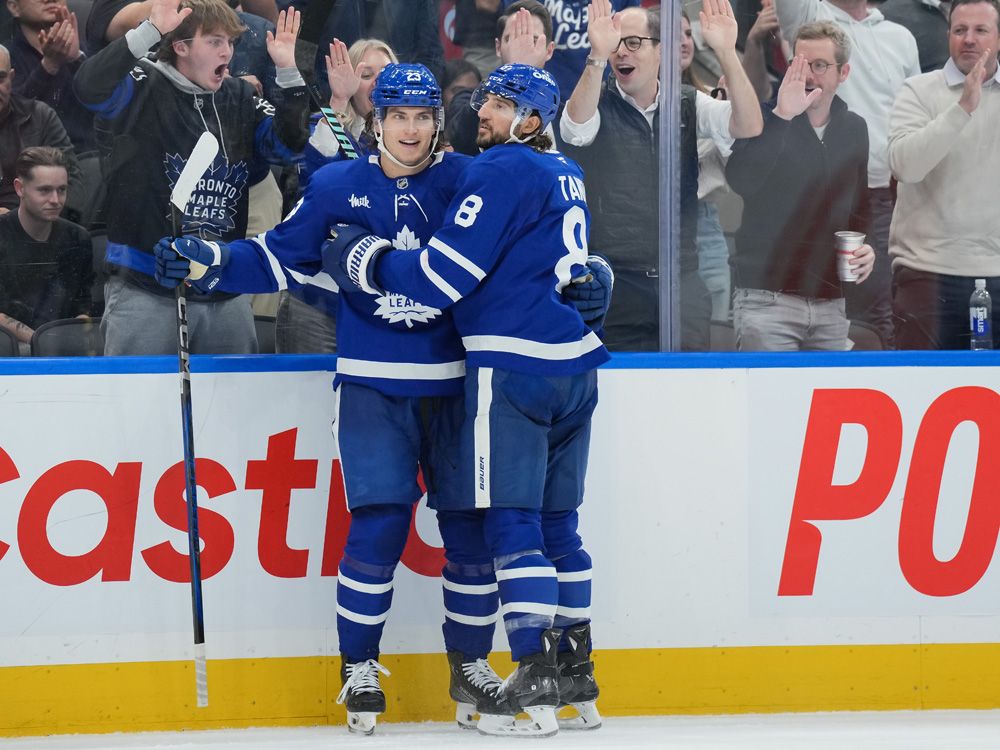

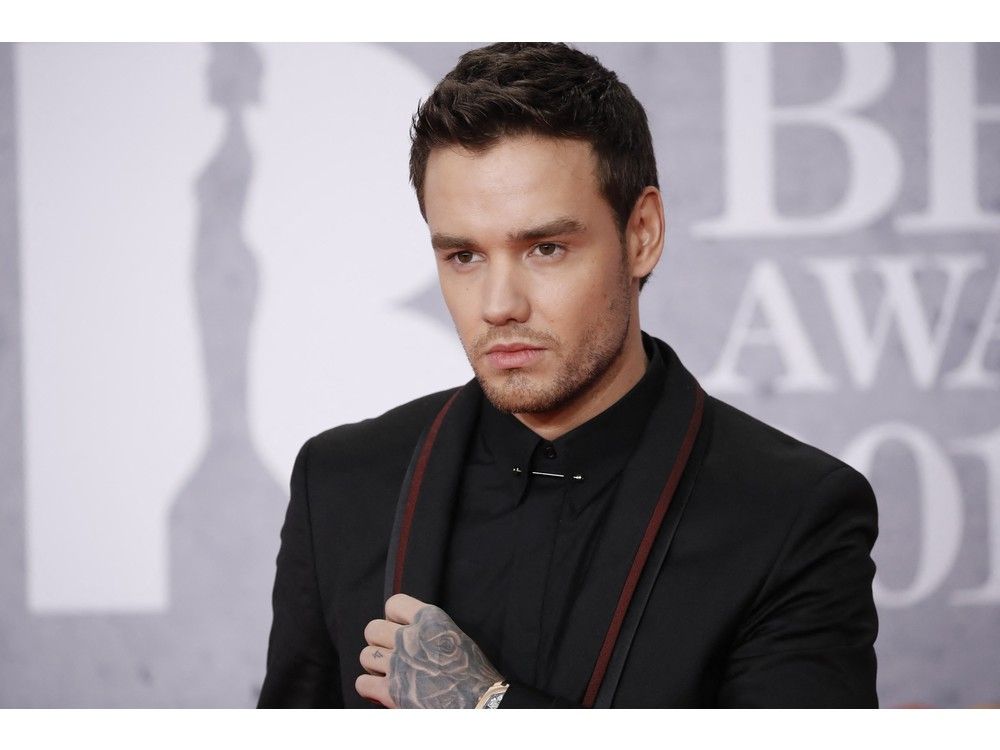
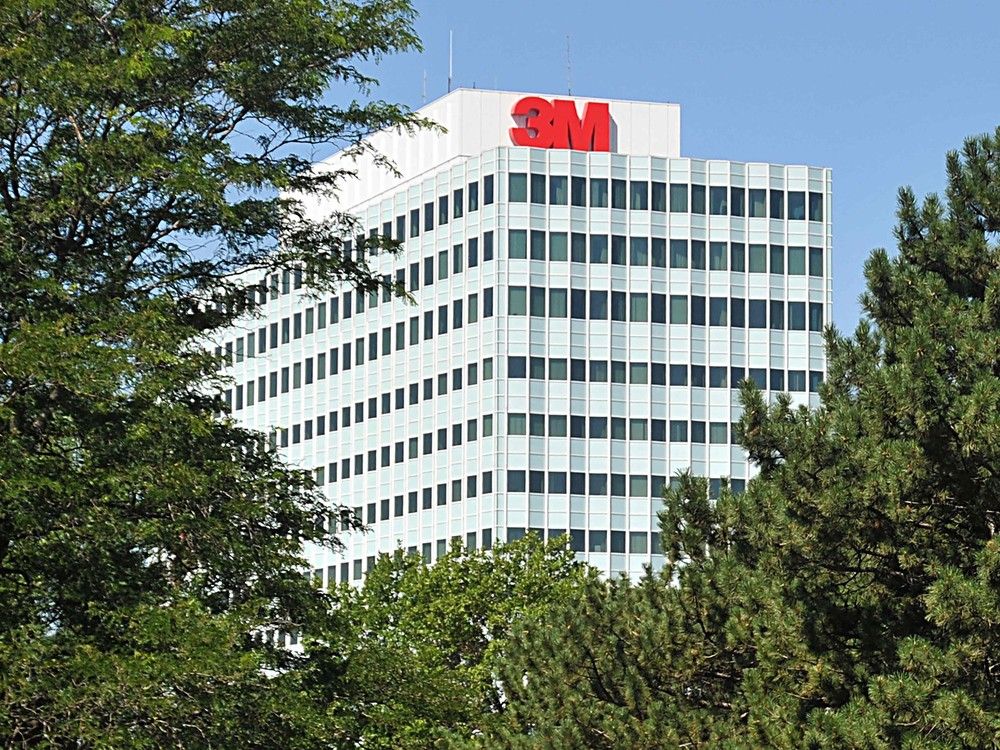
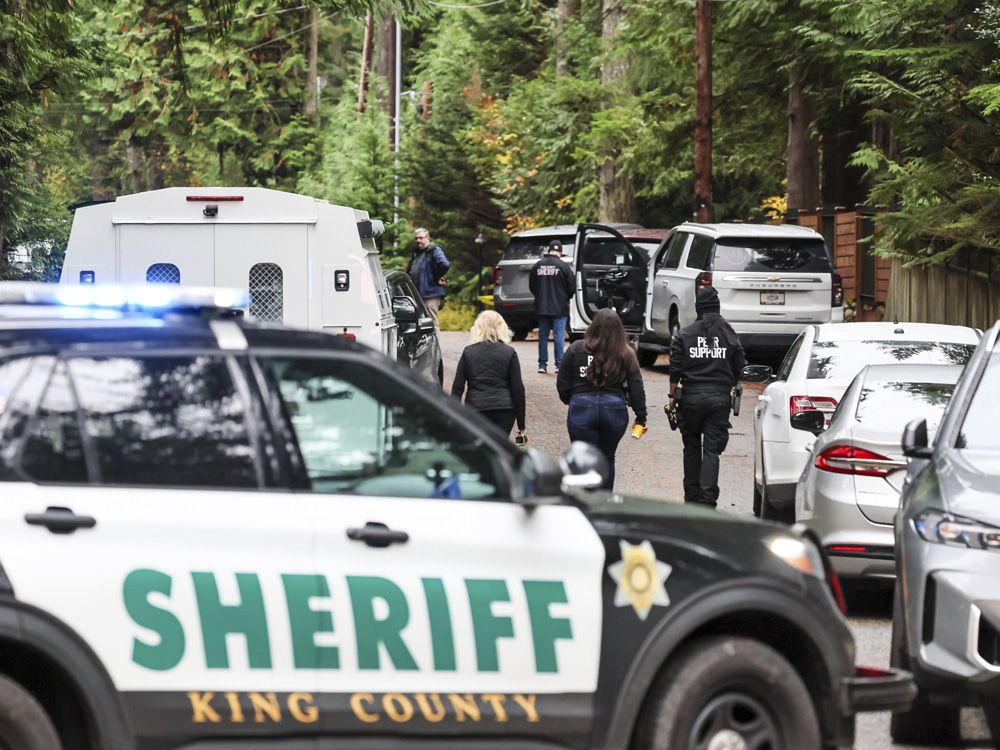
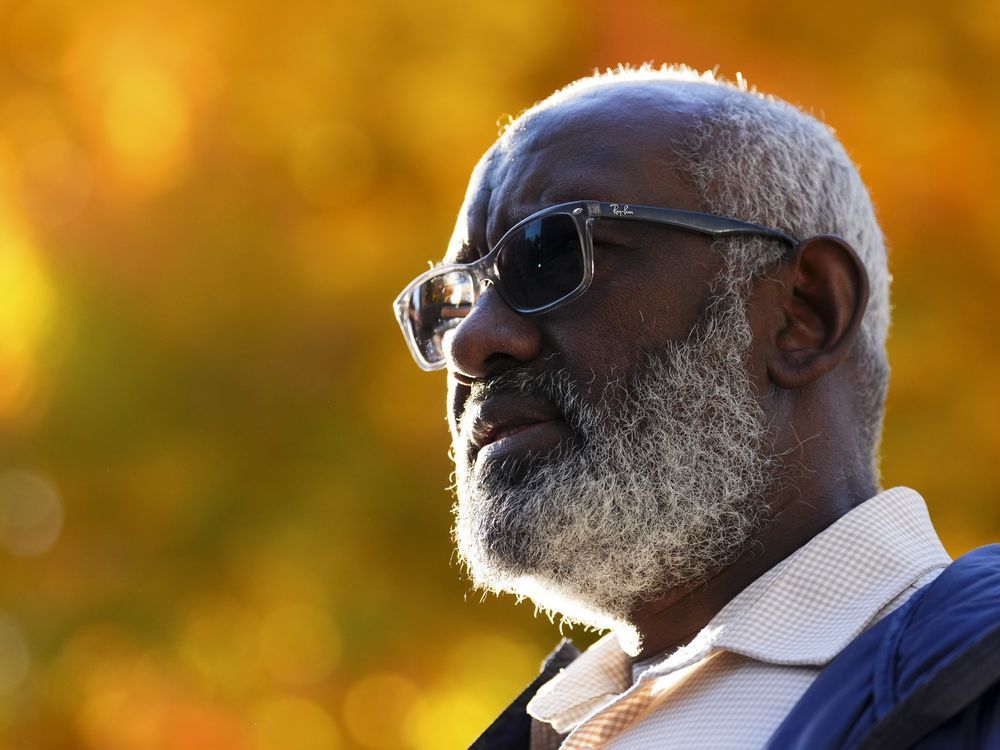

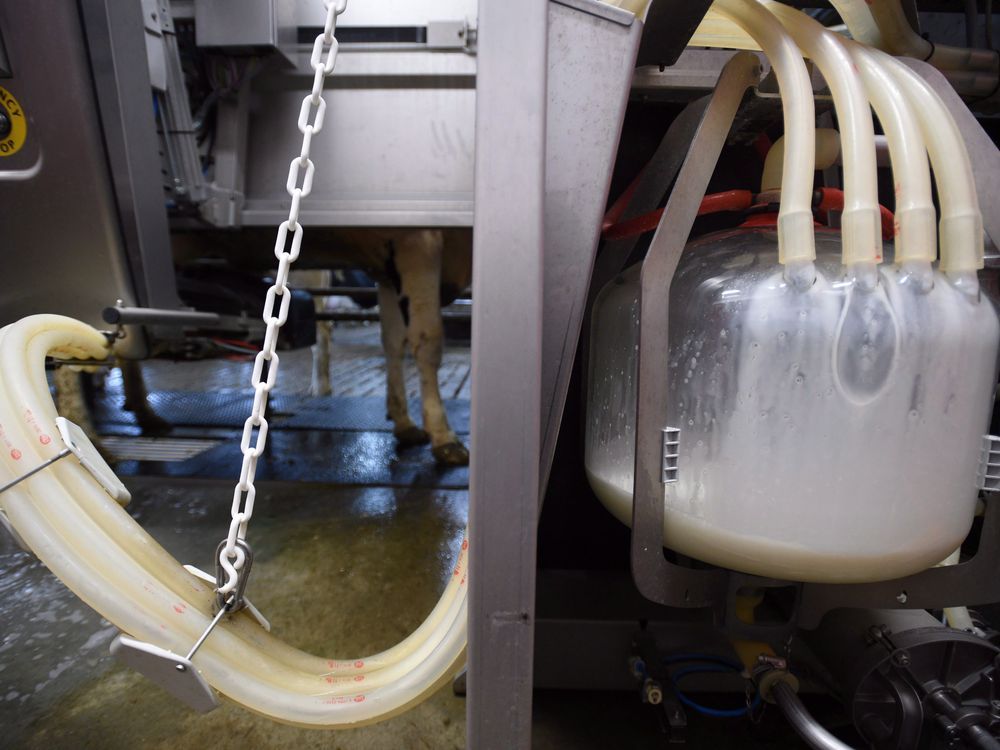
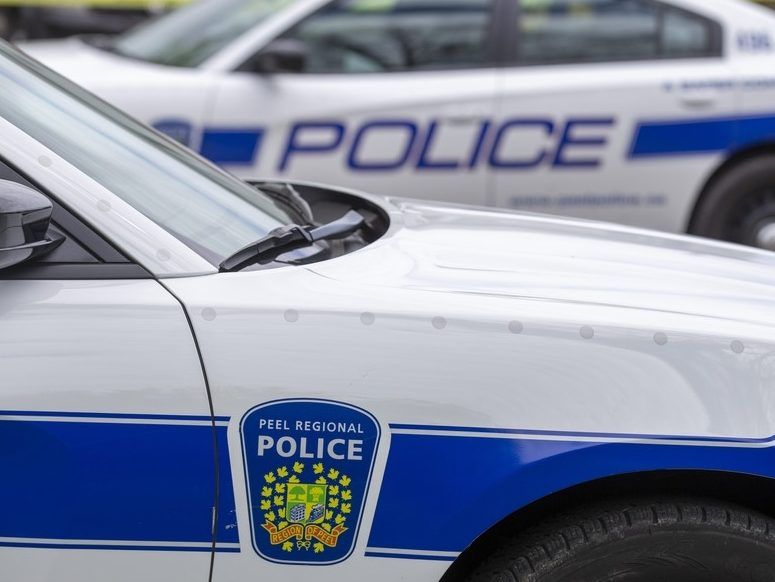
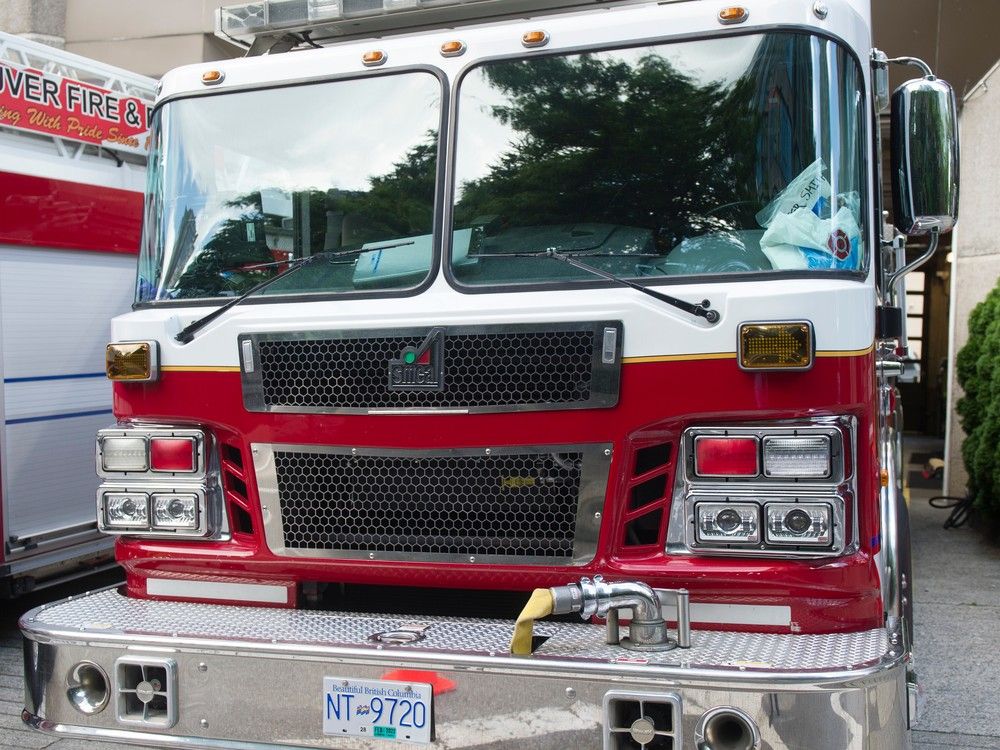
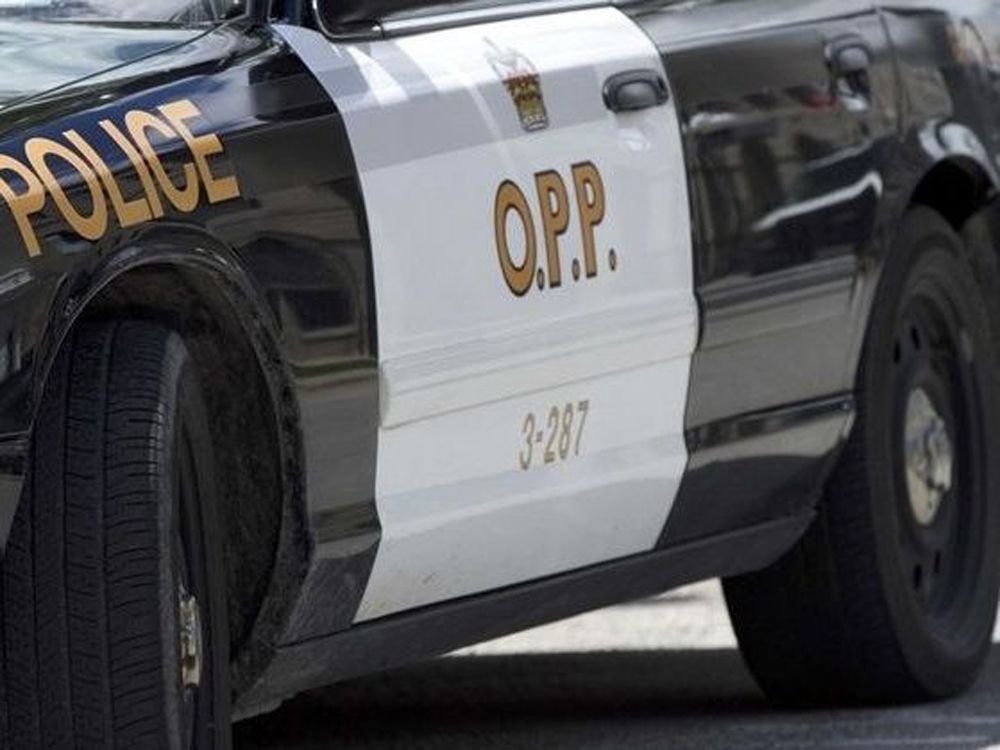












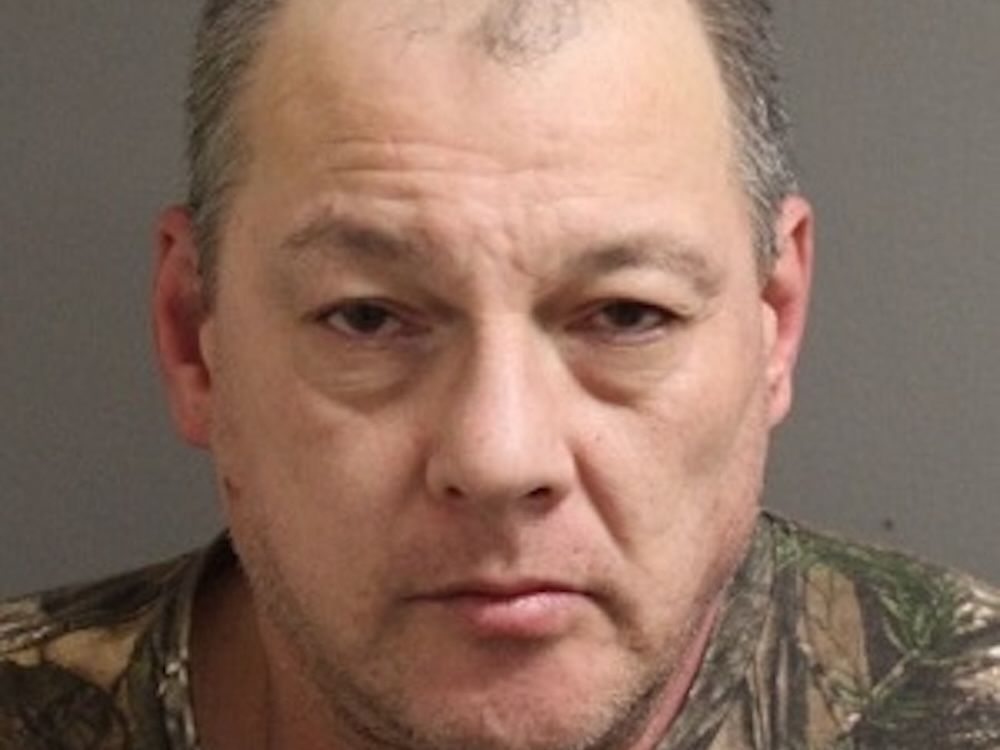
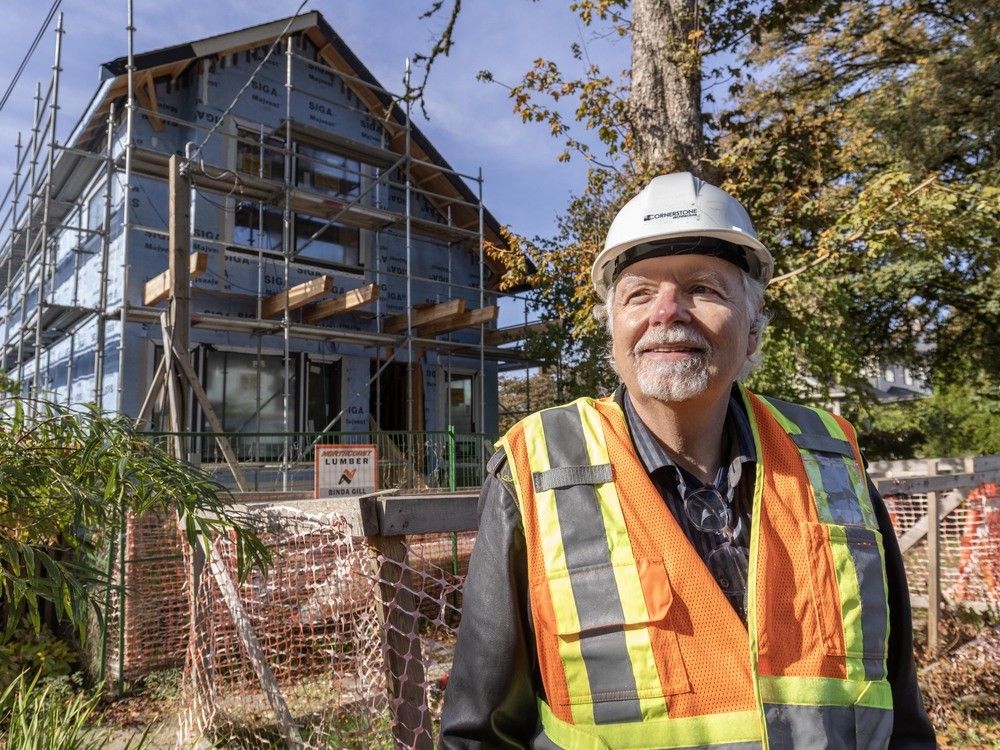
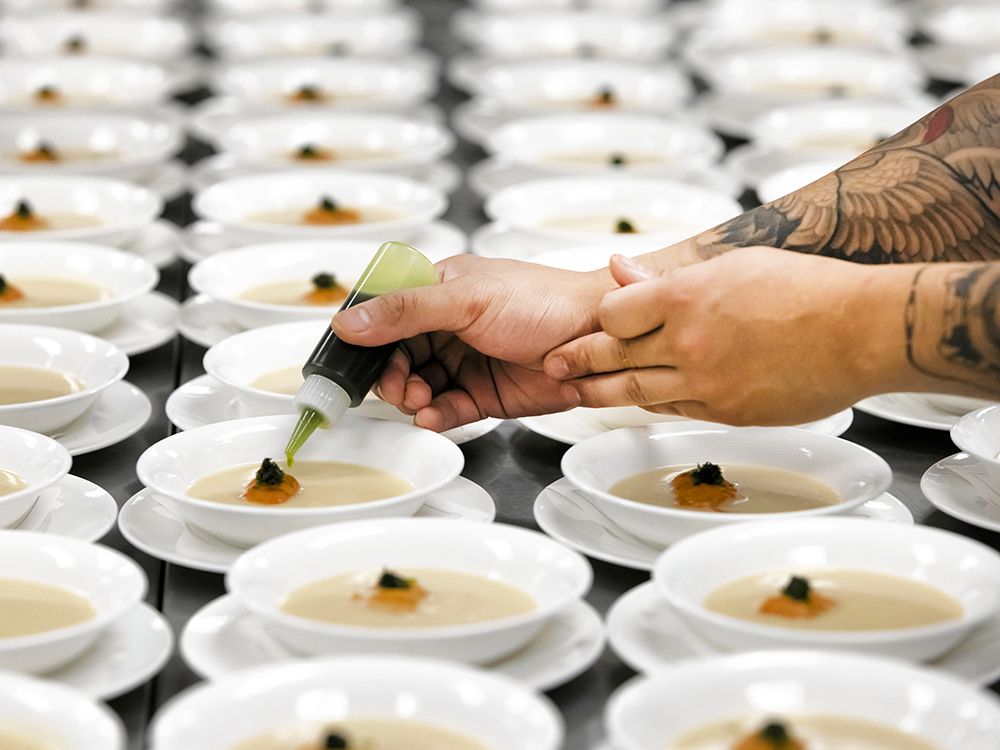

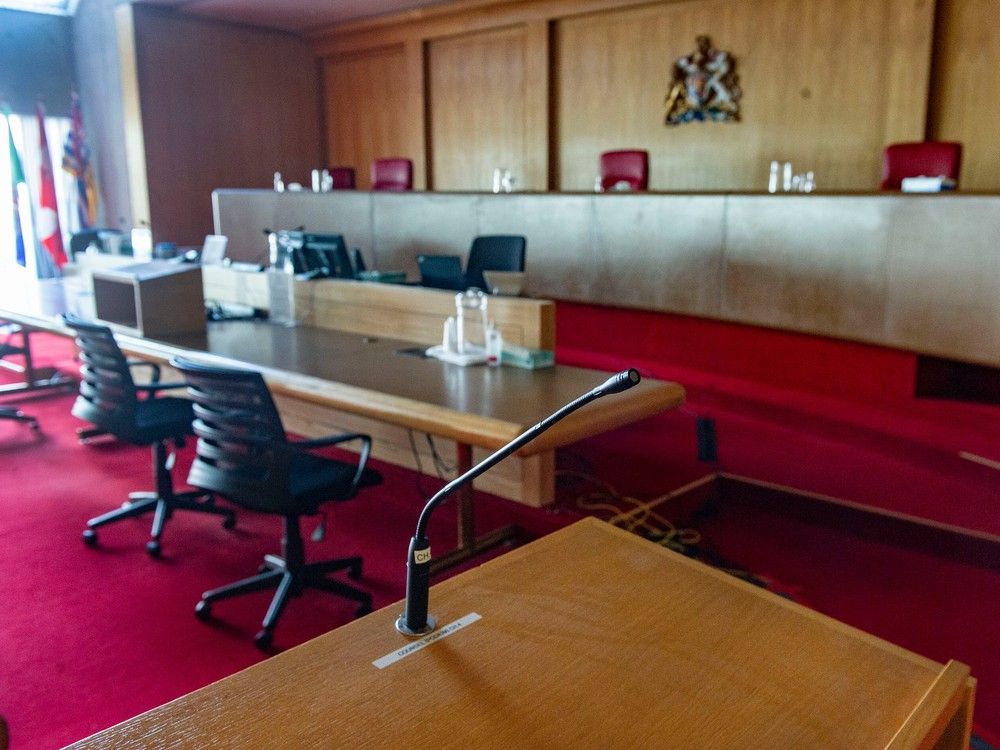



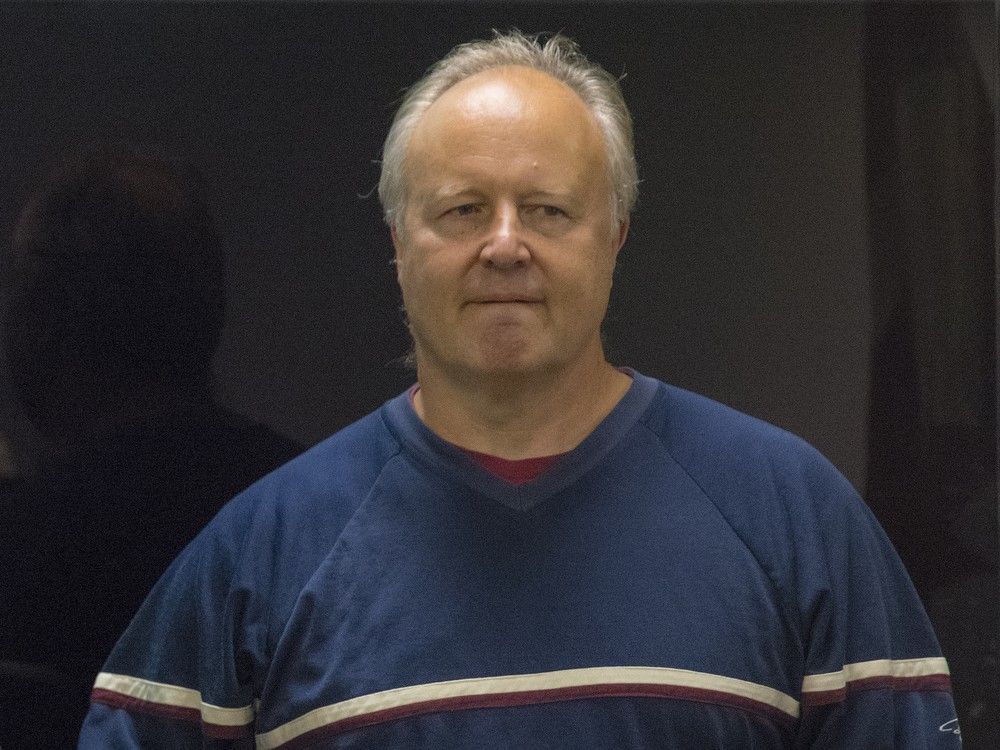
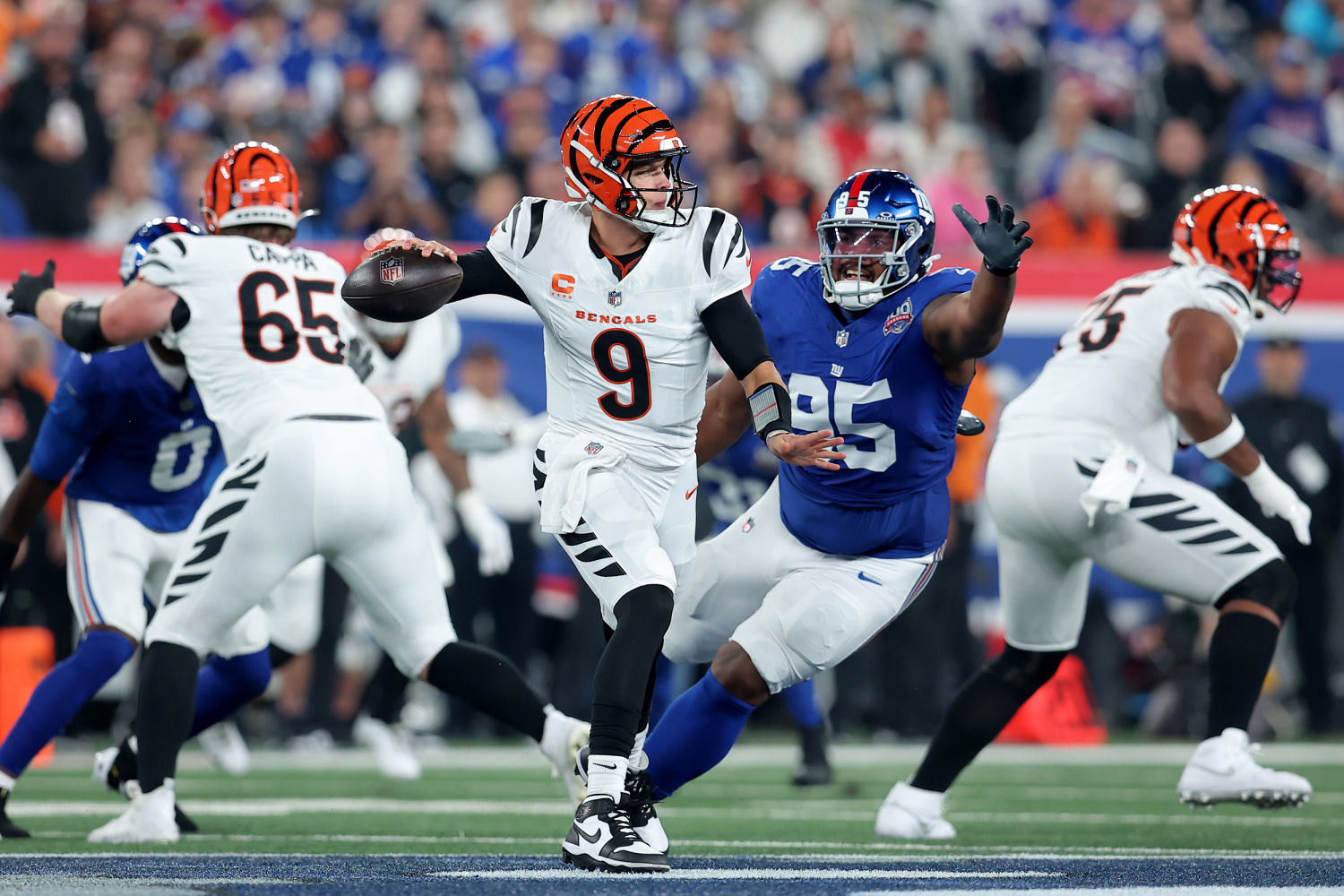
 Bengali (BD) ·
Bengali (BD) ·  English (US) ·
English (US) ·